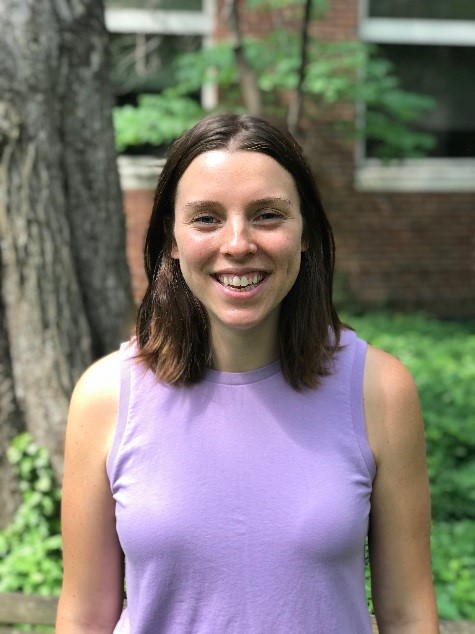Catherine Shelton
Propionate utilization by Salmonella provides growth advantage during infection Salmonella enterica is an enteric bacterial pathogen that causes 1.2 million infections every year. During infection, Salmonella induces intestinal inflammation through virulence factors deployed by two type III secretion systems. This pathogen-induced gut inflammation leads to the production of new compounds, such as tetrathionate and nitrate, by the host. Salmonella is capable of using these compounds as alternative electron acceptors to undergo anaerobic respiration. By performing anaerobic respiration, Salmonella is able to outgrow the resident microbiota which lack the ability to respire and instead rely on fermentation for energy production. In order to effectively respire, Salmonella must find carbon sources within the nutrient-limited environment of the gut. A potential carbon source within the gut is propionate, a short chain fatty acid produced by the resident microbiota. Importantly, Salmonella possesses machinery that enables utilization of propionate as a carbon source through the prpBCDE operon. This project will investigate the hypothesis that propionate can be used by Salmonella to grow during infection. To do so, Salmonella mutants will be generated in the prpBCDE operon and growth will be monitored in differing concentrations of propionate under fermentation and anaerobic respiration conditions. We will use gene expression profiling and epithelial invasion assays to determine the interactions between propionate metabolic pathways and expression and function of virulence genes. Additionally, Salmonella prpBCDE mutants will be used for in vivo infections in a mouse model to determine if propionate utilization confers a growth advantage to Salmonella during intestinal inflammation. If successful, this research will provide a deeper understanding into a novel mechanism used by this bacterial pathogen to outsmart the intestinal microbiota and establish infection.
